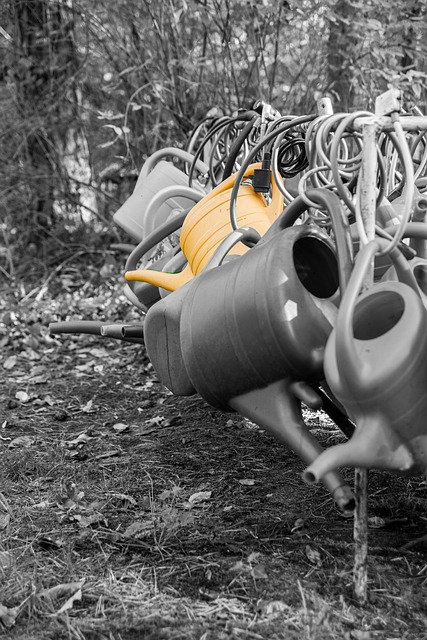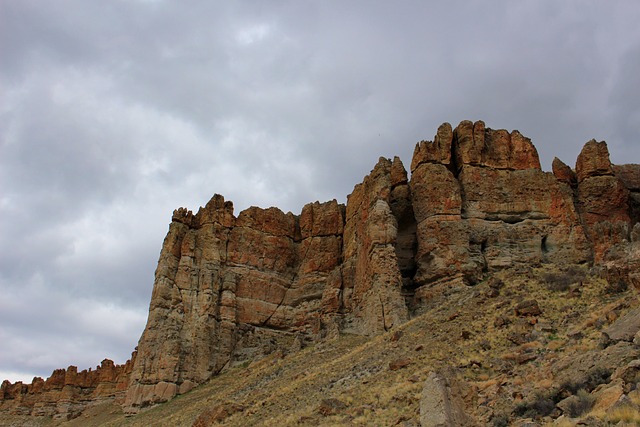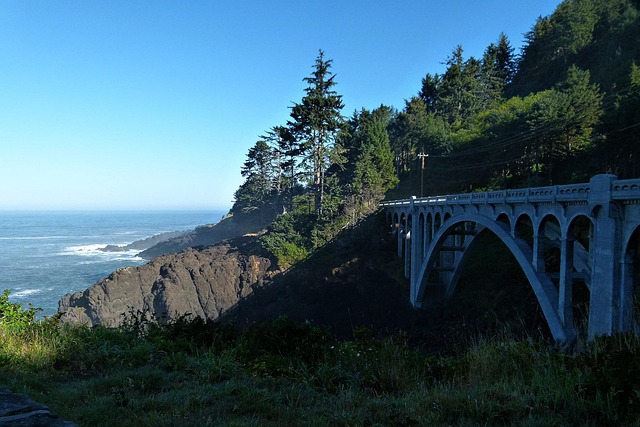In 1920s-30s Lane County, Oregon, law enforcement fought illegal liquor trade through undercover ops, surveillance, and business scrutiny, successfully dismantling gangster networks and curbing prohibition in the region, showcasing crucial prohibition law enforcement role. This era's historical narratives reveal residents' resilience and ingenuity against dry laws, with captivating stories of speakeasies and smuggling operations.
“Lane County, Oregon, during the 1920s prohibition era, was a complex web of clandestine operations and stringent law enforcement. This article delves into the history of prohibition law enforcement in Oregon, focusing on Lane County. It explores the vigilant efforts of local lawmen and the secretive world of secret agents who patrolled the streets, combating illegal liquor sales. Through historical narratives, we uncover tales from this ‘dry era,’ shedding light on the unique challenges and stories that defined this pivotal period in Oregon’s history.”
- Enforcing Prohibition Laws in Lane County
- The Role of Local Lawmen and Secret Agents
- Historical Narratives: Tales from Oregon's Dry Era
Enforcing Prohibition Laws in Lane County

In Lane County, Oregon, enforcing the Prohibition laws during the 1920s and 1930s was a complex task. With the national ban on alcohol in place, local authorities faced the challenge of curtailing illegal liquor production and sales, which had become a significant underground operation. The county’s law enforcement agencies played a crucial role in navigating this intricate web of illicit activities. They employed various tactics, including undercover operations, surveillance, and strict scrutiny of businesses suspected of violating the prohibition laws.
The Oregon state police, alongside local sheriff’s departments, actively patrolled the county to disrupt speakeasies and bust bootleggers. These efforts were met with resilience from those flouting the law, leading to a constant cat-and-mouse game. Despite the challenges, successful prosecutions and the closure of numerous illegal establishments gradually tightened the noose around the prohibition trade in Lane County, Oregon.
The Role of Local Lawmen and Secret Agents

During the Prohibition era, local lawmen in Lane County, Oregon, played a pivotal role in enforcing the controversial national ban on alcoholic beverages. These officers, often working alongside federal agents, faced the daunting task of curbing illegal speakeasies and bootlegging operations that flourished underground. Their efforts were met with determination from both criminals seeking to capitalize on the black market and citizens eager to uphold the law.
In addition to regular police forces, Lane County saw the presence of secret agents infiltrating criminal organizations. These covert operatives provided invaluable intelligence, helping to identify key figures in the bootlegging trade and mapping out complex networks responsible for distilling and distributing illegal alcohol. Their discreet work was crucial in taking down prominent gangsters and disrupting supply lines, though the constant cat-and-mouse nature of their operations kept law enforcement on its toes throughout the Prohibition period.
Historical Narratives: Tales from Oregon's Dry Era

During the prohibition era in Oregon, historical narratives take center stage, revealing stories of resilience and rebellion against the state’s strict dry laws. The period, characterized by clandestine speakeasies and daring runs across state lines for illegal liquor, offers a fascinating glimpse into the social fabric of the time. Law enforcement officials faced an immense challenge in enforcing these prohibitions, leading to memorable encounters and unique developments that shaped the local history of Lane County.
These tales from Oregon’s dry era showcase the ingenuity of residents who found creative ways to enjoy their favorite spirits. From secret underground clubs to daring smuggling operations, the stories highlight the human spirit’s ability to adapt and persevere in the face of restrictive legislation. The historical narratives not only entertain but also educate, providing valuable insights into a pivotal moment in Oregon’s history when law enforcement struggled to maintain order amidst a thriving illegal alcohol trade.














